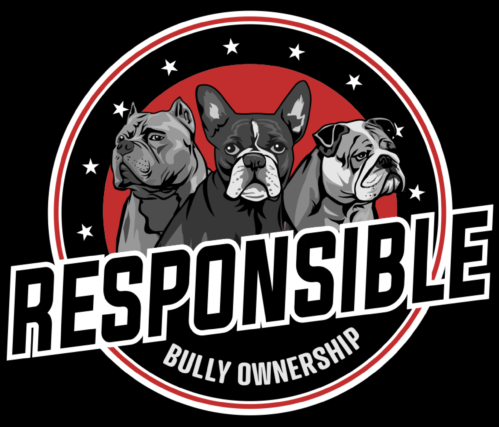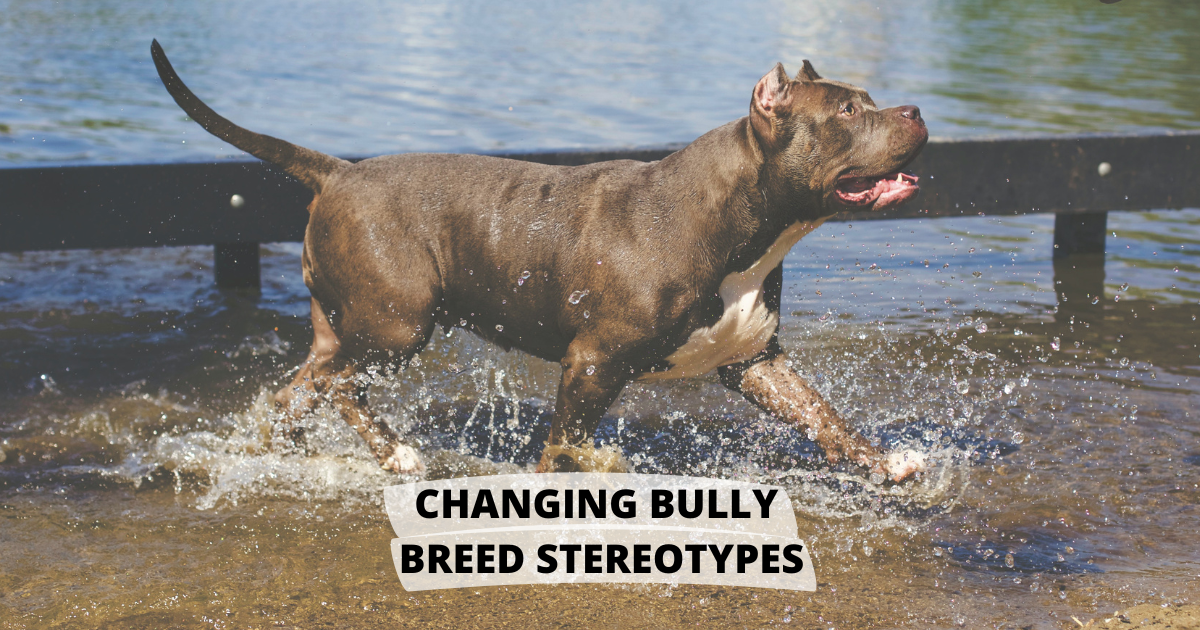Bully breed dogs are a group of dog breeds that includes American Pit Bull Terriers, Staffordshire Bull Terriers, American Bulldogs, and other breeds that share similar physical characteristics. These breeds are often discriminated against due to misconceptions and stereotypes about their temperament and behavior.
To responsibly care for a bully breed dog, it’s important to understand their unique needs and characteristics. Here are some tips:
Socialization and Training: Early socialization and training are crucial for all dogs, but it’s especially important for bully breed dogs. Socializing your dog with other people, animals, and new environments will help them develop a well-rounded temperament and prevent aggression. Positive reinforcement training methods are also recommended for bully breed dogs to build trust and a strong bond between you and your dog.
Exercise: Bully breed dogs are active and energetic, so they require plenty of exercise and physical activity. Daily walks and playtime in a fenced yard or dog park can help keep them mentally and physically stimulated.
Nutrition and Health: Like all dogs, bully breed dogs require a balanced diet and regular veterinary care to maintain good health. Regular checkups and preventative care can help identify and address any health issues early on.
Safety: Because of their reputation, bully breed dogs may be the target of discrimination or even violence. It’s important to be an advocate for your dog and take steps to ensure their safety. This may include using a muzzle in public, using a sturdy leash and collar, and being vigilant in situations that may be stressful or overwhelming for your dog.
Now, to address why bully breed dogs are often discriminated against, it’s important to recognize that much of the discrimination is based on stereotypes and misconceptions. Some people believe that bully breed dogs are inherently aggressive or dangerous, but this is not true. Like all dogs, their temperament and behavior are largely influenced by their upbringing and environment.
Unfortunately, these stereotypes have been perpetuated by media coverage of dog attacks, which often focuses on bully breed dogs without providing context about the individual dog’s history or behavior. Breed-specific legislation (BSL), which bans or restricts ownership of certain breeds, is another form of discrimination that is based on these stereotypes.
It’s important to challenge these misconceptions and advocate for responsible ownership of all dogs, regardless of breed. By treating bully breed dogs with love and respect, and by educating others about their true nature, we can help to eliminate discrimination and promote a more positive image of these wonderful dogs.

